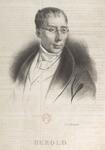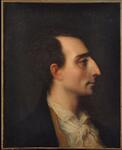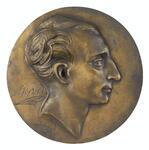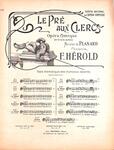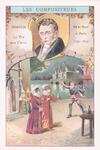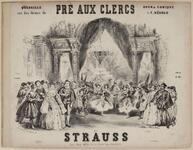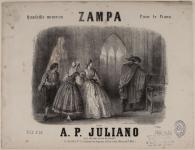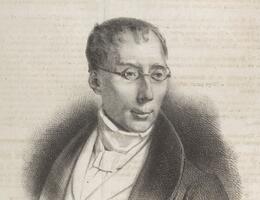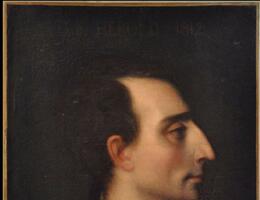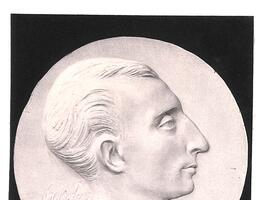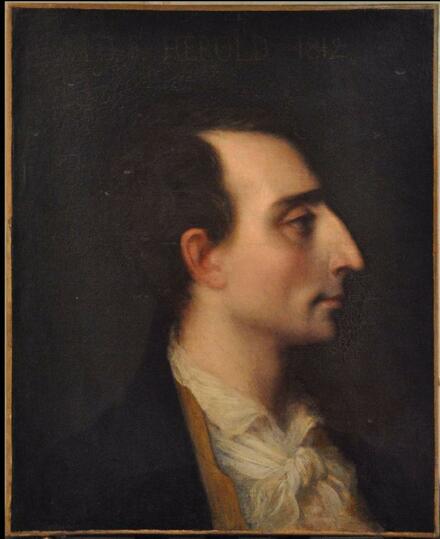
Ferdinand HÉROLD
1791 - 1833
Composer
Louis-Ferdinand Hérold received his first music lessons from his father. He was clearly a gifted pupil, entering the Paris Conservatoire in 1806, where he studied in the classes of Louis Adam (piano), Rodolphe Kreutzer (violin), Charles-Simon Catel (harmony) and Étienne Méhul (composition). In 1812 he was awarded the prestigious Prix de Rome. During his subsequent stay in Italy he realised that his future lay in the composition of operatic works. Hérold’s first opera, La Gioventù di Enrico Quinto, was written and performed in Naples. On his return to Paris, after a short stay in Vienna, he was appointed accompanist (harpsichord), then assistant at the Théâtre-Italien, before joining the staff of the Paris Opéra as principal singing coach (1826-1831). Meanwhile he began to make a name for himself with another opera, this time written in collaboration with Boieldieu, Charles de France (1816). Many other works followed, with varying fortunes, from semi-failures (Le Premier Venu, Les Troqueurs, Le Lapin blanc, L’Illusion) to outright successes (Les Rosières, La Clochette, Le Muletier, Marie, Emmeline). But the two masterpieces that ensured his fame were Zampa, ou La Fiancée de marbre and Le pré aux clercs; these were premièred in quick succession in 1831-1832, shortly before his comparatively early death. Apart from some airs, hymns, symphonies, overtures and various pieces written for the keyboard (including seven sonatas and four concertos), Hérold was the author of three operas, twenty-seven opéras-comiques and several ballets heralding the great Romantic repertoire (La Somnambule, La Fille mal gardée, La Belle au bois dormant).
Focus
Focus
Napoleon and music
Scientific publications
Publication
Ferdinand Hérold. Le Pré aux clercs
Articles
The music of Le Pré aux clercs
Articles

